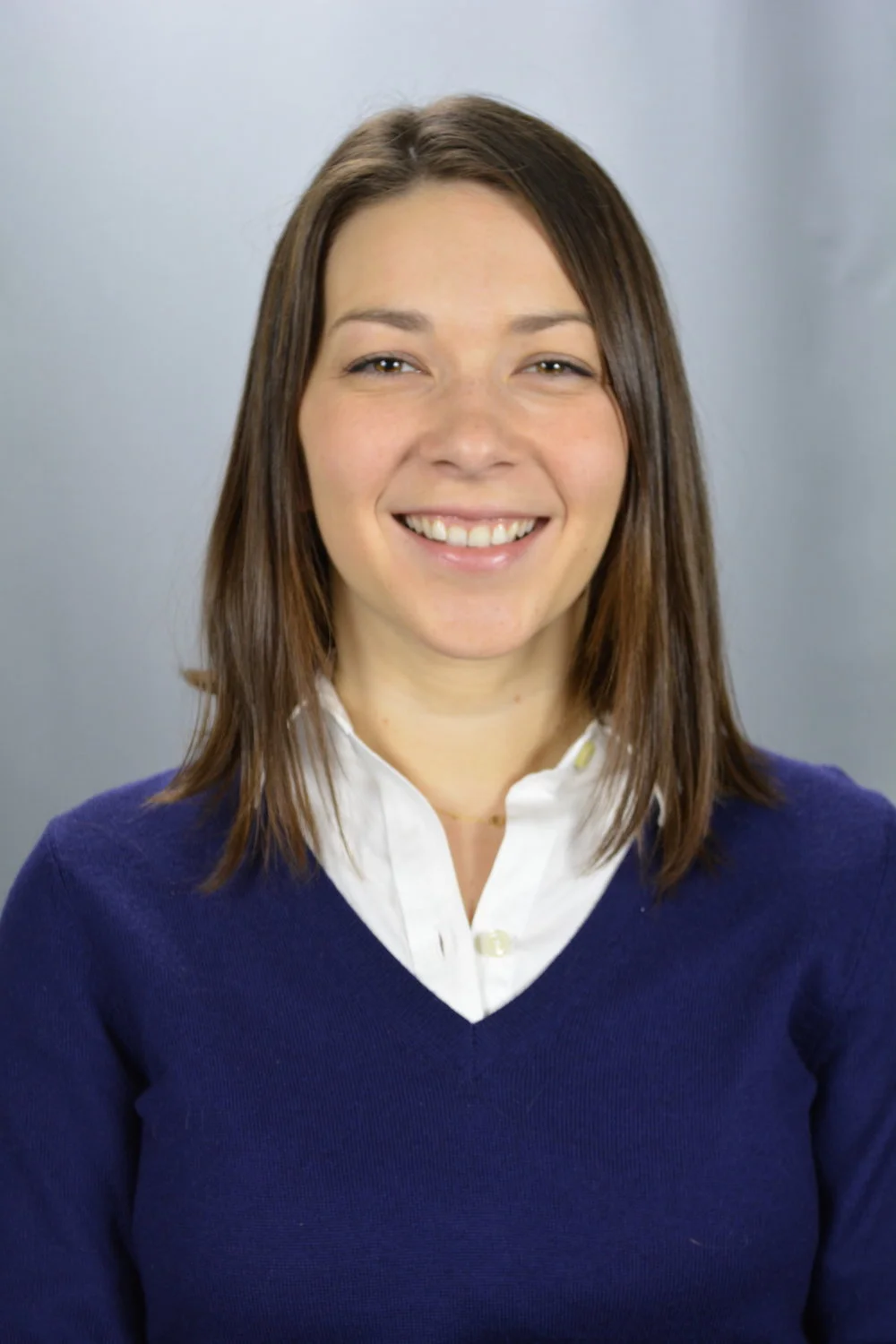About the Sessions
PLENARY SESSION
Advancements in the Treatment of OCD Across the Lifespan
Speaker Dr. Peggy Richter
This presentation will give an overview of the nature of OCD across the lifespan, its diagnosis and most common presentations. The etiology of OCD and emerging thoughts in the field will be outlined. The latest research on evidence-based treatments for OCD, their effectiveness, and their limitations will be reviewed.
Topics include:
Current approaches in cognitive behaviour therapy (CBT), including exposure and response prevention (ERP)
Innovations in drug therapy and in the field of pharmacogenetics (genetic factors and response to medications)
Recent developments in neurostimulation
The importance of intensive treatment for those patients who do not benefit from standard pharmacotherapy or weekly outpatient CBT for OCD will be discussed. Professionals, family members, and individuals living with OCD will be empowered by the knowledge obtained in this session, helping ensure optimal standards of care are pursued.
Target Audience All attendees
LUNCH SPEAKER
Speaker Mark Freeman
Author of You Are Not a Rock, Mark will take the audience through his complete adventure, from trying to stop evil people poisoning his water bottle, to bouncing around the mental healthcare system, and ultimately recovering from mental illness and making great mental health a practice similar to physical fitness. Mark will focus on the practicalities of applying Exposure & Response Prevention along with Acceptance & Commitment Therapy techniques to cutting out compulsions and changing our relationship with the stuff in our heads. He'll also explain why it's ok to think you're an alpaca but not useful to be a rock.
Target Audience All attendees
BREAKOUT SESSION 1 STREAM 1
The Path to Change
Speaker Mark Freeman
This workshop focuses on a simple tool for planning out the changes involved with recovery. This includes five components: data, goals, actions, challenges, and supports. Participants will create their own path for change, being honest about where they are right now, and articulating healthy goals (that rocks can’t do better than them—ie: not trying to avoid feelings). Planning simple actions to take each day, being realistic about challenges that will get in the way, and identifying supports they’ll use to overcome those challenges.
This is a great exercise to support someone working through an ERP Hierarchy. It is a model that can be used to plan out a week’s journey of cutting out compulsions. It also works on a macro or a micro level—in any moment, this gives a person a framework for understanding their experience and the actions they want to take.
Target Audience Individuals living with OCD, Supporters
Although ERP is considered the gold standard of treatment for OCD, a variety of factors can impact treatment outcome and effectiveness. Clinicians require a thorough understanding of ERP and the unique interventions that address the challenges encountered in complex cases. This workshop explores how to prepare a client for ERP, a step by step guide for implementation of ERP, and how to effectively identify and work through obstacles in treatment.
Topics covered include assessment, case conceptualization, treatment planning, as well as creative adaptations for complex clinical presentations. Rich case examples from clinical practice and interactive role plays will allow participants to engage with the material and to walk away with concrete tools to implement in their practice.
Target Audience Professionals
BREAKOUT SESSION 1 STREAM 2
Do’s and Don’ts of Implementing ERP with clients
Speakers Dr. Connie Dalton & Dr. Mandisa Peterson
Positive outcomes for children and youth are more likely to occur when family members are engaged in OCD treatment. This workshop introduces families to current thinking on evidence-based approaches for treatment of children and youth.
The session will include a brief overview of OCD in children and youth, evidence-based treatment approaches including exposure and response prevention (ERP), the role of parents in treatment (as ERP coaches), ways to maximize treatment success and how to overcome a key treatment barrier (family accommodation).
Attendees will leave with knowledge about how family members can best support their child or teen while also paying attention to their own health and well-being.
Target Audience Family members
BREAKOUT SESSION 2 STREAM 1
A Family Affair: Treatment of Children and Youth with OCD
Speaker Dr. Jennifer Karp
Having an understanding of the biological basis of OCD and the impact of pharmacological interventions is essential for health care professionals, to ensure best practices are employed. Evidence-based approaches to pharmacotherapy and the principles for best practice in the medical management of OCD is the focus of this session. An overview of current medications, their mechanism of action and the management of side effects will be covered. Differences between the pharmacological management of OCD and mood and anxiety disorders will be discussed. An interactive question and answer period will follow.
Target Audience Professionals
BREAKOUT SESSION 2 STREAM 2
Pharmacotherapy for the Treatment of OCD
Speaker Dr. Peggy Richter
This interactive workshop explores evidenced-based techniques to increase willingness to engage in ERP. An overview of values-based approaches and how to incorporate them into ERP will be shared, along with detailed case examples. Participants will learn specific strategies to help build motivation for completing exposures, set/meet homework goals, and remain in treatment.
Topics covered include value identification, targeting larger life goals and how treatment can facilitate achieving these goals.
Target Audience Professionals
BREAKOUT SESSION 3 STREAM 1
Values-Based Approaches: How to build motivation for change in the treatment of OCD
Speakers Dr. Connie Dalton (and Dr. Yue Zhao)
Family accommodation is a common behavior both among parents of children/adolescents with OCD and relatives/caregivers of adults. The motivation behind accommodation is a desire to reduce (or avoid triggering) distress of a loved one. Family accommodation can, however, lead to caregiver burnout and contribute to reduced quality of life for the family and poorer treatment outcomes. A brief overview of family accommodation and evidence-based family approaches in OCD treatment will be provided. This supportive workshop will highlight specific guidelines for fostering self-care and setting up boundaries of responsibility within the family, all while supporting your loved one with OCD. Participants will be empowered with a step-by-step approach on how to effectively decrease accommodation and manage challenging behaviours in a calm and supportive way. Engaging role plays and demonstrations will help participants practice the skills presented.
Target Audience Individuals living with OCD, Supporters
BREAKOUT SESSION 3 STREAM 2
Decreasing accommodation
in the family
Speaker Dr. Caitlin Claggett-Woods








